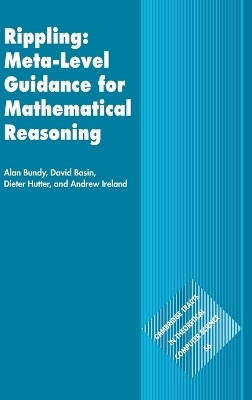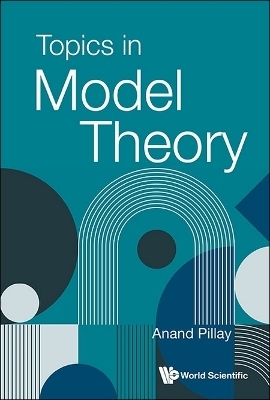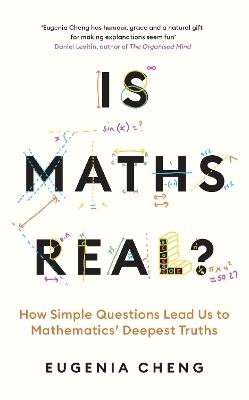
Rippling: Meta-Level Guidance for Mathematical Reasoning
Seiten
2005
Cambridge University Press (Verlag)
978-0-521-83449-0 (ISBN)
Cambridge University Press (Verlag)
978-0-521-83449-0 (ISBN)
The new technique of rippling and its use in automated reasoning are described here. The method uses heuristics and search to help address the problem of combinatorial explosion. The book provides a unique, systematic and comprehensive introduction to this and to the wider subject of automated inductive theorem proving.
Rippling is a radically new technique for the automation of mathematical reasoning. It is widely applicable whenever a goal is to be proved from one or more syntactically similar givens. It was originally developed for inductive proofs, where the goal was the induction conclusion and the givens were the induction hypotheses. It has proved to be applicable to a much wider class of tasks, from summing series via analysis to general equational reasoning. The application to induction has especially important practical implications in the building of dependable IT systems, and provides solutions to issues such as the problem of combinatorial explosion. Rippling is the first of many new search control techniques based on formula annotation; some additional annotated reasoning techniques are also described here. This systematic and comprehensive introduction to rippling, and to the wider subject of automated inductive theorem proving, will be welcomed by researchers and graduate students alike.
Rippling is a radically new technique for the automation of mathematical reasoning. It is widely applicable whenever a goal is to be proved from one or more syntactically similar givens. It was originally developed for inductive proofs, where the goal was the induction conclusion and the givens were the induction hypotheses. It has proved to be applicable to a much wider class of tasks, from summing series via analysis to general equational reasoning. The application to induction has especially important practical implications in the building of dependable IT systems, and provides solutions to issues such as the problem of combinatorial explosion. Rippling is the first of many new search control techniques based on formula annotation; some additional annotated reasoning techniques are also described here. This systematic and comprehensive introduction to rippling, and to the wider subject of automated inductive theorem proving, will be welcomed by researchers and graduate students alike.
Preface; 1. An introduction to rippling; 2. Varieties of rippling; 3. Productive use of failure; 4. A formal account of rippling; 5. The scope and limitations of rippling; 6. From rippling to a general methodology; 7. Conclusions; Appendix 1. An annotated calculus and a unification algorithm; Appendix 2. Definitions of functions used in this book; Bibliography; Index.
| Erscheint lt. Verlag | 30.6.2005 |
|---|---|
| Reihe/Serie | Cambridge Tracts in Theoretical Computer Science |
| Zusatzinfo | 1 Line drawings, unspecified; 10 Line drawings, color |
| Verlagsort | Cambridge |
| Sprache | englisch |
| Maße | 158 x 237 mm |
| Gewicht | 475 g |
| Themenwelt | Mathematik / Informatik ► Mathematik ► Logik / Mengenlehre |
| ISBN-10 | 0-521-83449-X / 052183449X |
| ISBN-13 | 978-0-521-83449-0 / 9780521834490 |
| Zustand | Neuware |
| Haben Sie eine Frage zum Produkt? |
Mehr entdecken
aus dem Bereich
aus dem Bereich
Buch | Softcover (2024)
World Scientific Publishing Co Pte Ltd (Verlag)
CHF 43,60
what we have that machines don't
Buch | Softcover (2024)
Profile Books Ltd (Verlag)
CHF 19,15
how simple questions lead us to mathematics’ deepest truths
Buch | Softcover (2024)
Profile Books Ltd (Verlag)
CHF 19,15


